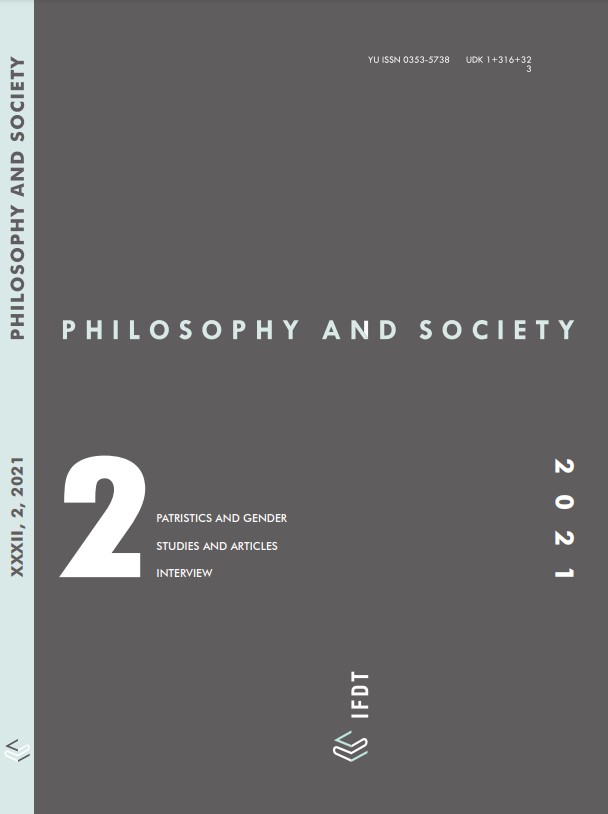The Empiricism of Michel Serres: A Theory of the Senses between Philosophy of Science, Phenomenology and Ethics
The Empiricism of Michel Serres: A Theory of the Senses between Philosophy of Science, Phenomenology and Ethics
Author(s): Petra GehringSubject(s): Ethics / Practical Philosophy, Structuralism and Post-Structuralism, Philosophy of Science, Phenomenology
Published by: Institut za filozofiju i društvenu teoriju
Keywords: Michel Serres; empiricism; parcours; structuralism; phenomenology
Summary/Abstract: The paper presents the philosophy of the French philosopher Michel Serres, with an accent on his working method and unusual methodology. Starting from the thesis that the empiricist trait of Serres’ philosophy remains underexposed if one simply receives his work as that of a structuralist epistemologist, Serres’ monograph The Five Senses (1985) is then discussed in more detail. Here we see both a radical empiricism all his own and a closeness to phenomenology. Nevertheless, perception and language are not opposed to each other in Serres. Rather, his radical thinking of a world-relatedness of the bodily senses and an equally consistent understanding of a sensuality of language – and also of philosophical prose – are closely intertwined.
Journal: Filozofija i društvo
- Issue Year: 32/2021
- Issue No: 2
- Page Range: 229-245
- Page Count: 17
- Language: English

